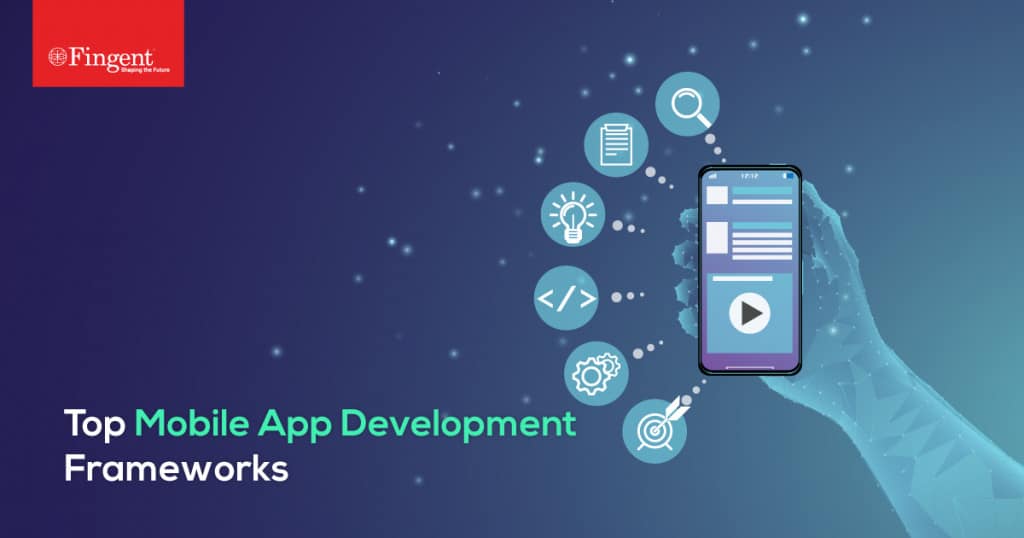
Best productivity apps in 2022 Cross-platform apps for phone, tablet, and PC
For most of us, our daily life revolves around countless devices, not all of which use the same software or are not manufactured by the same company. This prevents the devices from “talking” to each other. Fortunately, this gap has been bridged by a handful of services residing on the most popular platforms, including Android, iOS, Windows, macOS, Linux, and the web.
If you’re looking for a great note-taking or productivity app that you can use on all or most of the devices you use, I’ve rounded up the best productivity apps and services. If you haven’t used it yet, you’re going to make your life easier.
1) Understanding:
Notion is one of the most flexible services because it allows you to plan notes and thoughts. Notion blocks – think of them as blank cards for storing data in different ways – make it very easy to store data consistently, and you can even link them together. The wide availability of third-party models also means that you can capture the data correctly from the start.
- Availability: Android, Web, iOS, iPadOS, macOS, Windows
- Price: Free for personal use.
2) A note:
Even if you’re not heavily invested in the Microsoft ecosystem, OneNote is a great note-taking app that doesn’t cost a dime and is available across all platforms. Add handwritten text, images, notes and charts or Excel spreadsheets; can easily handle a variety of data. It doesn’t offer as many organization options, and the interface might take some tweaking, but it’s completely free. Remember, if you’re using a Windows or Samsung phone, OneNote is pre-installed on most devices.
- Price: free
3) Evernote:
Evernote is one of the pioneers of cross-platform note-taking apps and still offers a solid experience. You can take notes, embed documents, search text in images (OCR search), and even save web pages online. A free version is available, but you can get the most out of the service by just paying $ 8 per month.
- Availability: Android, Web (Chrome extension), iOS, iPad, macOS, Windows
- Price: free. Paid plans starting at $ 7.99 per month
4) Trello:
Trello is based on Kanban cards, which represent visual work at different stages of the process using cards from idea to implementation. It is very useful if you want to organize your student or work life and offers an interface that is easy to understand and follow. There are several built-in templates to choose from, and automation helps you eliminate some of the rudimentary steps.
- Availability: Android, Web, iOS, iPad, macOS, Windows
- Price: free. Paid plans starting at $ 5 per month
5) Walnut shelf:
It can annotate PDFs, take notes or scribble drawings, and it supports Apple Pencil and other styles for a seamless experience. You can backup all your notes to Google Drive, OneDrive, Evernote, iCloud or Dropbox.
- Availability: Android, iOS, pads, macOS
- Pricing: Android ($ 5), iOS + pads ($ 10), macOS ($ 8)
6) Google Keep:
If you’re looking for a simple and reliable app for taking notes or creating to-do lists, Google’s Free Keep works quite well. It’s compatible with the Google Assistant, so you can easily open or create lists with your voice commands. All your saves, drawings, lists, notes, audio recordings or multimedia are synced across all devices using your Google account.
- Availability: Android, Web, iOS, pads
- Price: free
7) Taoist:
If the name hasn’t reached you yet, this app lets you get things done. Thanks to natural language processing, you can type simple text like “Cancel Netflix subscription Wednesday” and it will automatically retrieve the text and the to-do date.
- Availability: Android, web (browser extensions), iOS, iPad, macOS, Windows
- Price: free. Paid plans starting at $ 3 per month









